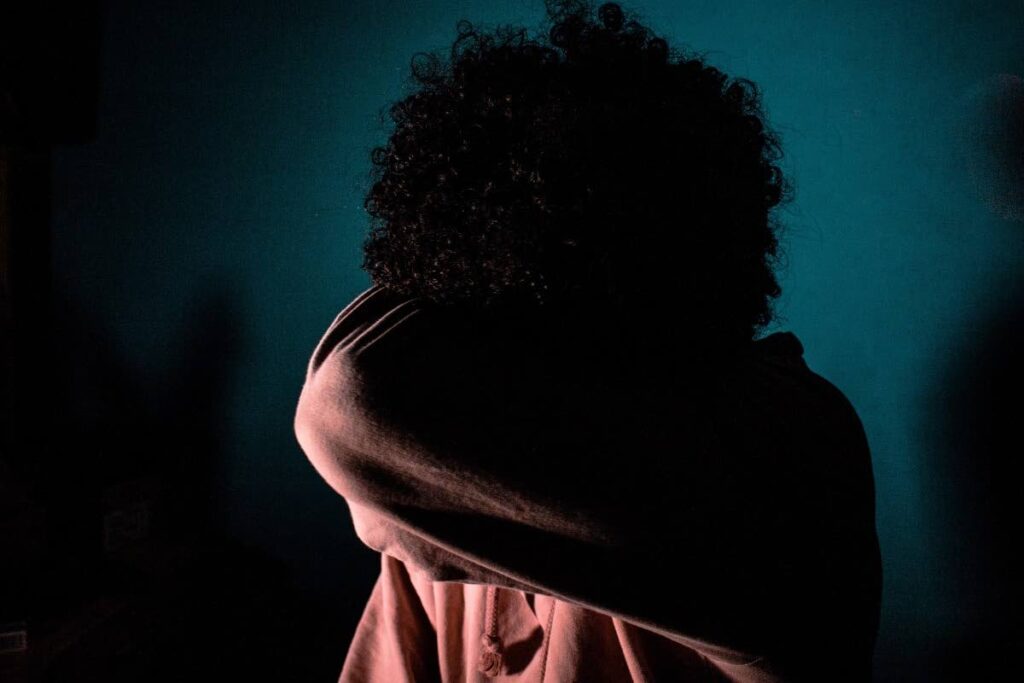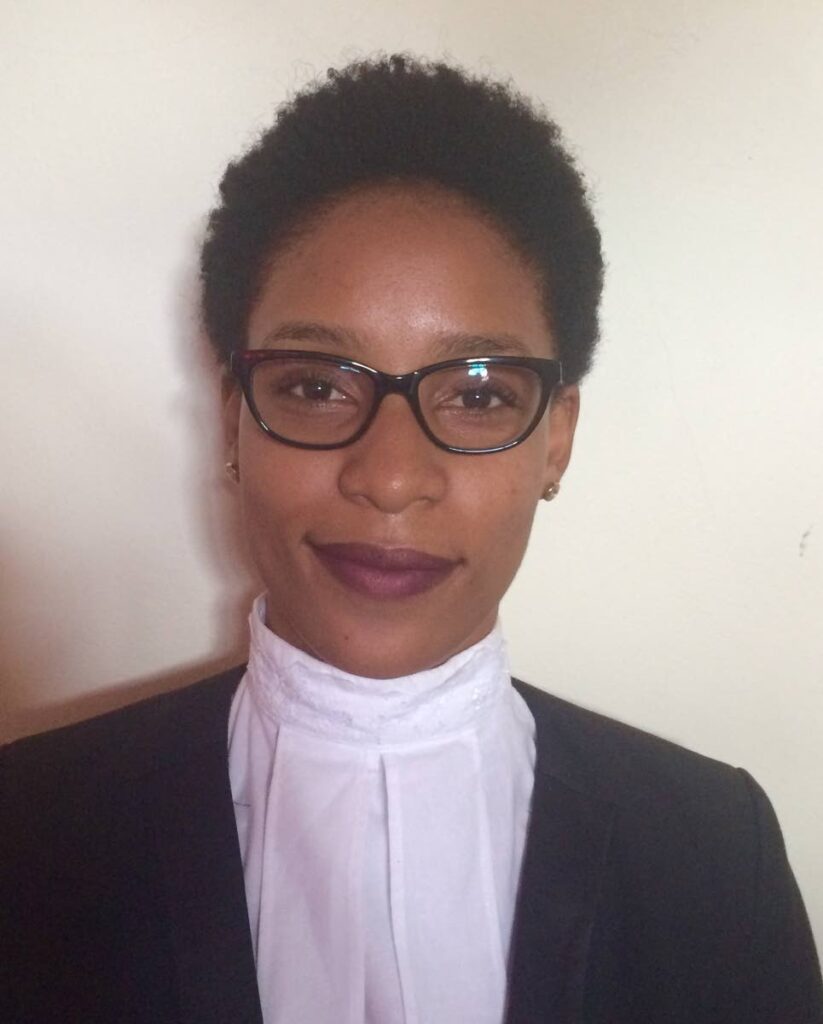Safeguarding our children

Kanisa George
One of the privileges of being an adult is the ability to exercise agency over one's life. Adults are free to do as they wish (within the parameters of the law), come, and go as they please and choose the most suitable path for their lives. Of interest, adults are empowered with the right to decide, in some cases, whether they would pursue action for violations or injustices done against them. When it concerns minors, however, agency isn't something they can easily exercise.
Adults are responsible for the well-being and safety of minors under their care. And in a perfect world, we should all play our part in whatever small way to ensure that children are looked after and protected. After all, it takes a village.
Time and time again, we see videos where parents confront bullies at their child's school or guardians verbally abusing teachers for what they perceive to be a personal attack on their children.
Parents and guardians are up in arms when the safety of the minors in their care is threatened, yet somehow this is not always the case when it comes to sexual abuse. When it comes to abuse of a sexual nature against minors, many cases go unreported due to the failure of an adult to take action. And the failure to report isn't only limited to parents or guardians. Teachers, religious leaders and institutions geared towards ensuring the well-being of children are sometimes complicit in maintaining a shroud of silence while crafting ways to deal with the issue "in-house."
Statistics on this topic are few and far between, but one trend that follows an adult's decision not to report the sexual abuse of a minor is manipulation. Whether in the form of recrafting the child's experience or flat-out denying it, many minors who share their experience of abuse with an adult don't get the support or help they need, and legal intervention is often a course of action not contemplated.
Globally, legislation has been enacted to address the widespread phenomenon of child sexual abuse, particularly failing to report the sexual abuse of a minor. In TT, section 31 of the Sexual Offence Act Chapter 11:28, as amended, creates a mandatory duty to report the abuse of a child on a specific category of person.
The section follows that any person who:
(a) is the parent or guardian of a minor;
(b) has the actual custody, charge or control of a minor;
(c) has the temporary custody, care, charge or control of a minor for a special purpose, as his attendant, employer or teacher, or in any other capacity;
(d) is a medical practitioner, or a registered nurse or midwife, and has performed a medical examination in respect of a minor, and who has reasonable grounds for believing that a sexual offence has been committed in respect of that minor, under this Act or section 9, 10, 18 or 19 of the Children Act, shall report the grounds for his belief to a police officer as soon as reasonably practicable.

Survivors of sexual abuse recount not being believed after telling an adult about their sexual experience or being told that it didn't happen in the way it did. While some victims felt their abuse was acknowledged, they were subsequently gaslighted and told to forget the event to protect their abuser.
Reporting sexual abuse is difficult for anyone, but for the parents or guardians of a child, psychologists proffer that experience of abuse and emotional and socio-economic reasons might be the reasons behind non-reporting.
One study found that a child's disclosure of sexual victimisation is a challenging experience for parents and has been associated with traumatisation, disbelief, denial, self-blame, and clinical difficulties.
Some parents are severely affected by what they perceive to be their failure to protect their children, so they prioritise safeguarding their children from the shame associated with the experience, which might be the main reason for failing to report the abuse.
Institutions' failure to report abuse often stems from the need to save face. Instead of prioritising the protection of children, institutions seek to protect their reputations by ignoring allegations of abuse and engaging in victim blaming.
Even with legislation in place, reporting sexual abuse of minors, especially in close-knit communities, is not always the first port of call. Why might this be? Could it be that we're too wrapped up in the perceived shame of the incident? Or are our responses to child sexual abuse reflective of our true attitude towards children?
It's a sore point, but while adults debate whether reporting would be in the child's best interest, we're allowing monsters and demons to further taint a child's experience of abuse.


Comments
"Safeguarding our children"